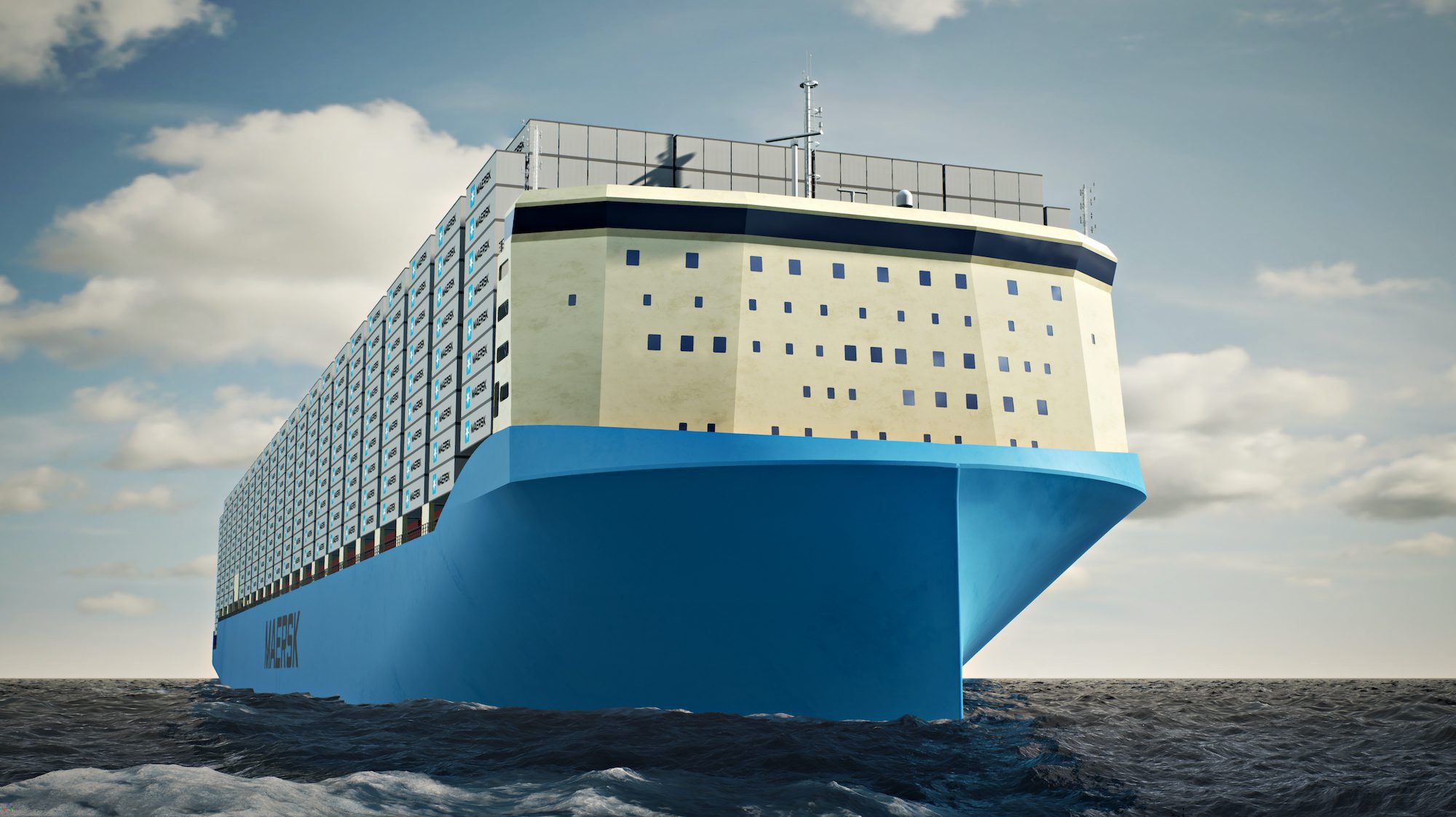Iran Confirms Seizure Of Tanker In Gulf
DUBAI, Nov 15 (Reuters) – Iran confirmed on Saturday that its Revolutionary Guards had seized a tanker in Gulf waters carrying a cargo of petrochemicals bound for Singapore over alleged violations, Iranian...


MADRID, Nov 3 (Reuters) – Maersk plans to produce up to two million tonnes of e-methanol a year in Spain by 2030 to supply its fleet of cargo ships and reduce its carbon footprint, the shipping giant and the Spanish government said on Thursday.
The project will require an investment of about 10 billion euros ($9.75 billion), according to Spanish government calculations, and Spain may enter as a strategic investor.
An agreement on the project, which will be partly financed by EU recovery funds, was signed on Thursday in Madrid by Maersk CEO Søren Skou and Prime Minister Pedro Sanchez.
It forms part of an objective by Maersk, the world’s second-largest container shipping firm, to achieve net zero emissions in its business by 2040.
Maersk plans to put 19 vessels capable of running on e-methanol between 2023 and 2025, which will require around 750,000 tonnes of the fuel, Maersk said.
The company will need roughly 6 million tonnes of e-methanol per year to reach its 2030 emissions target, it said.
With global shipping accounting for nearly 3% of the world’s CO2 emissions, the sector is under growing pressure to reduce its carbon footprint.
As the company looks to switch from diesel, finding a reliable supply of greener fuels remains one of its key challenges and has pushed the company to opt for producing its own fuel in strategic locations.
Sanchez said the project was “perfectly aligned” with Spain’s reindustrialisation and energy transition strategies, adding it would help meet the EU’s commitment to decarbonisation.
The project will begin in the second half of 2024 and is currently securing financing from banks and investors.
“If we enter the shareholding, it would be to give a signal to other companies and investors,” said a senior government source.
The added demand will mean Spain will need to speed up the procurement of renewable plants, but the Spanish government pointed out that Maersk can also opt to buy farms that are already in operation to speed up the process.
Last year, Maersk announced the launch of the world’s first carbon-neutral liner vessel, which will begin operating in 2023. It has said all future ships will be built with dual fuel technology installed, allowing them to run on either e-methanol or low-sulphur fuel oil.
($1 = 1.0252 euros)
(Reporting by Belén Carreño, Charlie Devereux and Jacob Gronholt-Pedersen; editing by David Latona and Jason Neely)
(c) Copyright Thomson Reuters 2022.
Sign up for gCaptain’s newsletter and never miss an update

Subscribe to gCaptain Daily and stay informed with the latest global maritime and offshore news
Essential news coupled with the finest maritime content sourced from across the globe.
Sign Up